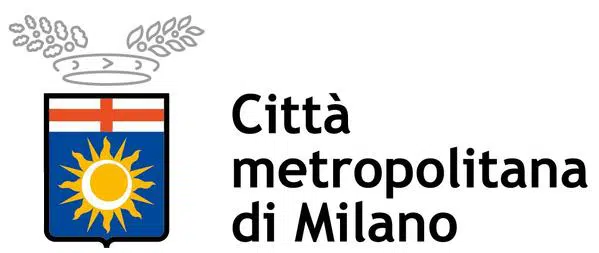Good Practice
Smart Working, E-work and Flexible Times
Internal time policy to help workers balance work and life.
POLICY OBJECTIVE
- Introduce a new work style by fully digitising documents and processes
- Save time with simplified procedures
- Promote smart working, e-work and the use of modern technologies like remote conference calls, to reduce emissions and decongest the urban space
- Promote flexible time schedules to ensure a better balance between professional and private time
CONTEXT
Increasingly widespread telework solutions during the pandemic awakened awareness around the need to update the working environment of the Metropolitan Area of Milan.
The Administration has noticed that these more tech-oriented working conditions allow better scheduling and increased productivity
POLICY DESCRIPTION
The Metropolitan Area of Milan boasts a solid tradition in promoting work-life balance solutions, ework and specific projects to support parenting within the office. Every year, as part of the threeyear Smart-working Organisation Plan (POLA), the Administration adapts new projects to meet the needs of its employees and to grant efficient services to metropolitan citizens.
The pandemic made it necessary to introduce smart working as an active solution to curb the spread of COVID-19. This process of “forced digitisation” has today allowed smart working to gain currency. On 31 March 2021 three internal documents (POLA, Performance Plan and Positive Actions Plan) confirmed the positive nature of the smart work model: it changes how we see the working environment, trains our focus on objectives and enhances the organisation’s productivity.
The Metropolitan Area of Milan additionally affirms that e-work projects are valuable solutions to meeting employee needs. The Administration provides flexible time schedules and part-time options to allow parental and child care.
KEY ASPECTS
Four organisation plans:
- Performance Plan (PdP): to establish goals and results
- Positive Action Plan (PAP): to support and protect the beneficiaries of flexible time schedules; train and update directors and supervisors on the new working possibilities; grant care for children, the elderly and longterm sufferers of illnesses
- Smart-working Organisation Plan (POLA)
- Home-Work Transportation Plan: to enhance environmental sustainability
RESULTS
Data from 31 December 2021 on a total of 1,072 employees:
- 882 smart-work contracts signed (61% F; 39% M)
- 12 ongoing e-work projects (67% F; 33% M)
- Flexible time schedules sensitive to public transport at rush hour: entrance time extended from 7.30am to 10.30am
- 7 tailor-made time schedules (86% F; 14% M)
- 112 part-time contracts (82% F; 18% M).
Ermanno Matassi, Barbara Trevisan, Donatella Mostacchi, Ariella Donnini
Human Resources and Organization Office





